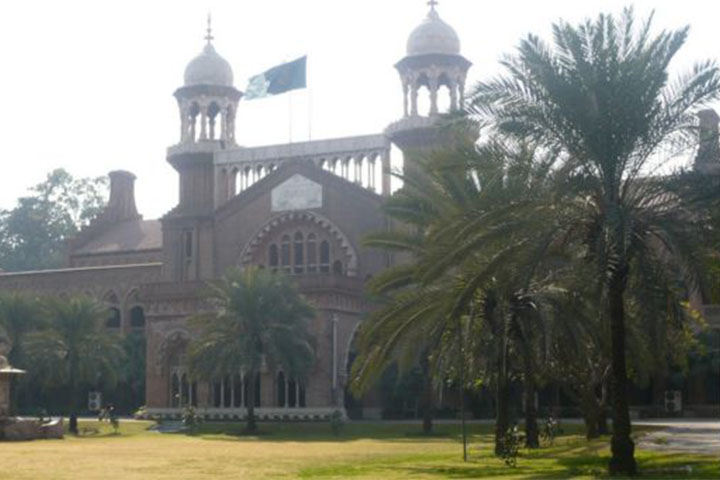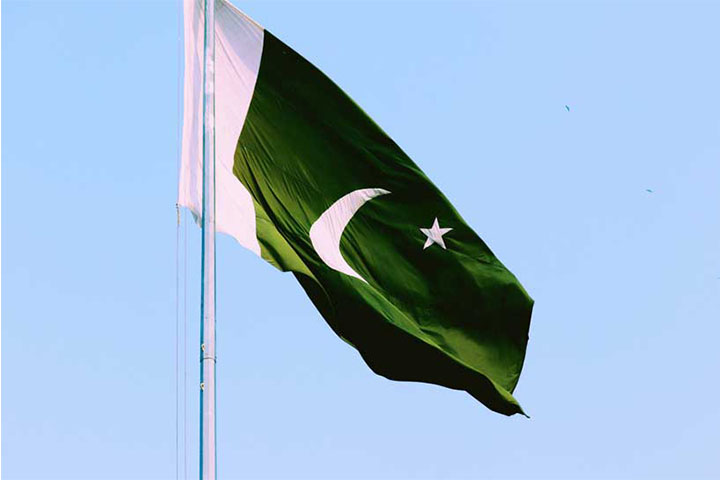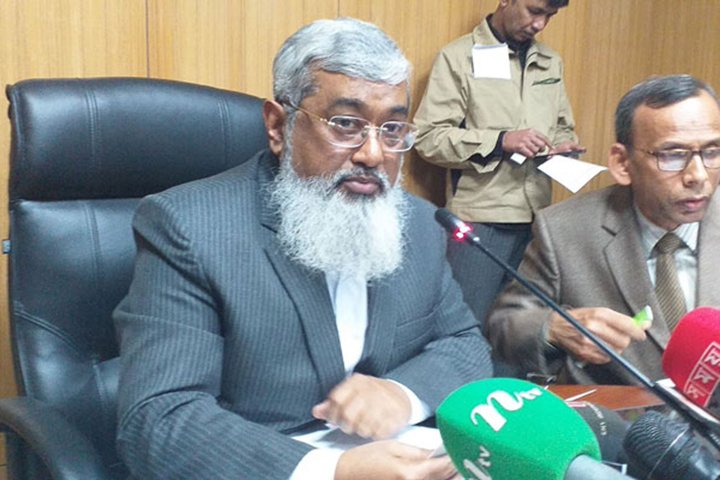Pakistan: The Continuing Trial of Civilians by Military Courts
In Pakistan the determination of the proper sphere for military authority has always been a controversial issue. It has come under spotlight once again as the army in Pakistan proceeds to try civilians accused of involvement in violent protests and arson, under military laws. Imran Khan’s brief detention in May by the National Accountability Bureau, a development that sparked countrywide protests.
Social media was flooded with videos and pictures of Pakistan Tehreek-e-Insaf (PTI) party supporters clashing with police in Karachi, arson attacks in the army’s head office GHQ in Rawalpindi and vandalising the Corps Commanders’ Flag Staff House in Lahore. The military declared the episode a “dark chapter” after the demonstrations turned violent on May 9.
Following the violent protests which mainly targeted government installations, the military on May 15, vowed to bring to justice “spoilers” involved in the recent attacks on military installations through trials under relevant laws of Pakistan, the Pakistan Army Act and Official Secrets Act. Chief of Army Staff (COAS) General Syed Asim Munir presiding over the Special Corps Commanders Conference (CCC) at the General Headquarters in Rawalpindi said, “The forum expressed the resolve that those involved in the heinous crimes against military installations will be brought to justice through trials under relevant laws of Pakistan including the Pakistan Army Act and Official Secrets Act.”
Eliciting a strong reaction from the government and military with vows of taking action against the culprits, outgoing Prime Minister Shehbaz Sharif’s government had justified the roundup and the revival of army courts to try civilians who targeted government and military installations during the May 9th protests. Khan himself has compared the army crackdown on the protestors with tactics used by Mongol Empire founder Genghis Khan to instil fear in the public. The US State Department urged Pakistani authorities “to respect democratic principles and the rule of law for all people, as enshrined in the country’s constitution” in response to the Sharif government’s decision to use military courts.
The Powers to try Civilians:
The military was handed over the jurisdiction to try civilians suspected of terrorism-related offences, in the aftermath of the December 2014 deadly Peshawar School terror attack. Conceived as a temporary measure to expedite the trial process of offences relating to terrorism, waging of war. Passed under an extraordinary situation and circumstances the Pakistan Army (Amendment), Act (PAA) , 2015 authorised military courts to try civilians, and brought very broad genre of offences within the domain military courts, including attacks on military officials or their installations.
The government’s National Action Plan, envisioned military courts to be a short-term “solution” to try terrorists. in operation for a period of two years, it was also stipulated that the military courts under the 21st Amendment would cease to exist on Jan 7, 2017.
The question of whether the trials of civilians under the Pakistan Army Act is legitimate has since been debated extensively by the Pakistani civil society. At that time, Justice Asif Saeed Khosa allowed the petitions challenging the 21st Amendment and PAA 2015, declaring the amendments unconstitutional, without lawful authority and of no legal effect. But the 23rd Amendment and amendments to the Army Act renewed the military courts’ jurisdiction over civilians.
It is indeed ironic that Imran Khan’s PTI which is today at the receiving end of the military court jurisdiction was in early 2019 consulting with opposition parties and trying to frantically frame legislation to extend the tenure of the courts. However, it lacked a two-thirds majority to carry out the constitutional amendment for the purpose. Prior to this the Peshawar High Court (PHC) in a single judgement overturned some 70 convictions “for lack of credible evidence and that convictions suffered from ‘malice’ of law and facts” awarded by three military courts in the province of Khyber Pakhtunkhwa.
Military Trials Undermine Human Rights
Calling the military trial of civilians as a ‘disaster for human rights’, the International Commission of Jurists (ICJ) had expressed concern over further extension to military courts, fearing that it would make the practice effectively permanent. As the army’s power grow, foreigners working in and engaging with Pakistan are likely to be impacted by military tribunals as well. Indian national Kulbhushan Jadhav arrested in March 2016 was sentenced to death by a military court based on an “extracted confession” by the military personnel, put on hold after ICJ intervened upon New Delhi’s objection. Furthermore, in its 2019, the ICJ examining the performance of Pakistan’s military justice system for terrorism-related offences noted that “in many cases, military courts’ proceedings appeared to have been a ploy to give legal cover to the practice of enforced disappearances and secret detentions in internment centres”.
The concept, if misused, seriously undermines the separation of judicial power and human rights guarantees such as the right to a fair trial. It enhanced the powers of the Pakistan Army, which in any case wields considerable power in matters of security, foreign policy as well as politics.
For now, the military’s legal department has gathered evidence against 102 protestors involved in the May 9 protest in custody to begin formal proceedings against them, under sections 3, 7, and 9 of the Official Secrets Act read with Section 2(1)(d) of the Pakistan Army Act.
On June 22, a nine-judge Supreme Court bench headed by Chief Justice of Pakistan (CJP) Umar Ata Bandial took up a set of four petitions filed by former CJP Jawwad S. Khawaja, Aitzaz Ahsan, Karamat Ali, and PTI Chairman Imran Khan, challenging the trial of civilians in military courts. Although the Supreme Court adjourned the hearing of petitions challenging the trials of civilians in military courts, Chief Justice Ata Bandial has observed that “civilians should not be put through the rigours and harshness of military courts” and that such trials were not according to the Constitution, saying that the, “ military law is tough law and meant to be different from the ordinary law that may be good for military personnel only.”
Even after 76 years since its independence, Pakistan is struggling to meet its populations’ basic needs and state effectiveness has decidedly declined. Repeatedly intervening in the political process of the nation, the army meanwhile has proved that it has no respect for the constitution, consistently undermining judicial institutions and civilian bureaucracy. Rights groups are demanding that the cases be tried in established courts.The Human Rights Commission of Pakistan (HRCP) has labelled the idea of military courts undemocratic. The apprehension is that the powers of the military courts are being used to silence opponents’ voices. But for how long will Pakistan civil society remain capable of resilience?
Despite glaring examples of the manner in which successive governments have been targeted by the military, every government in power continues to weaponise the military courts and take their political opponents to task. Howsoever the current political drama unfolds, the challenge against the trial of civilians by military courts continues despite its illegality under international humanitarian law.
Source: moderndiplomacy.eu
15 Aug 2023,15:48













 Live Tv
Live Tv







